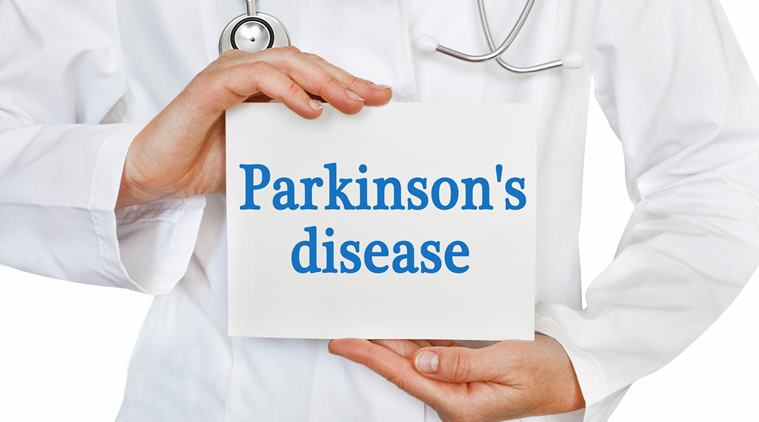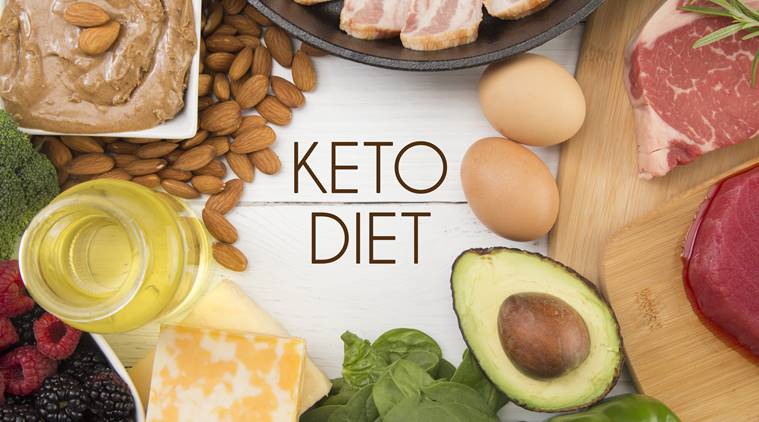
Parkinson’s is one of the most common neurodegenerative and movement disorder. Progressive loss of controlled muscle activity, which leads to trembling of the limbs and head while at rest, stiffness, slowness, and impaired balance are some of the characteristics of the disease.
While there is no singular diet that can treat the condition, a healthy and balanced diet can significantly improve a person’s well-being.
On World Parkinson’s Day, which is observed on April 11 to create awareness about the disease, Dr Jyoti Bala Sharma, senior consultant, department of neurology, Fortis Hospital, Noida suggests some foods that should be consumed (and avoided), along with a few useful tips that may help fight Parkinson’s disease:
Foods to eat
Vegetables: artichokes, okra (lady’s finger), kale, bell pepper, potatoes.
Fruits: berries, pears, apples, grapes.
Grains
Eggs
Legumes: kidney beans, edamame, lentils.
Nuts: pecans, walnuts, hazelnuts.
Dark chocolate
Beverages such as red wine, coffee and tea
Prunes
Ginger
Plenty of fluid

Foods not to Eat
Too much protein
Processed food
Artificial sweeteners and added sugar
Alcohol
Any potential food allergens
Saturated fat
She also suggests some ways that may help prevent the disease
Cycling: In a recent study, it was found that people with Parkinson’s who pedalled at a speed rate of 40 minutes for three times a week saw 35 per cent reduction in their symptoms. These were the patients who were struggling to walk and maintain a steady stance. However, it is recommended to use static bicycle to prevent falls.
Vitamin B6: If you take vitamin B6 containing multi vitamin with Levodopa, the effect of medicine may decrease causing an increase in the symptom.
Coffee: Large numbers of studies have shown coffee consumption (4 to 5 cups per day) appears to reduce or delay development of Parkinson’s diseases.
Apomorphine: Apomorphine pump, which has recently launched in India, helps to tide over “offs”. “Off” episode happens when oral Levodopa is not working or its effects are off, causing worsening of the symptoms. Apomorphine injections can also be used when patients cannot take tablet orally.
Get enough Vitamin D and Omega-3s: Vitamin D deficiency is associated with an increased risk of Parkinson’s disease. The benefits of omega-3 fatty acids may include trimming the chances of developing Parkinson’s disease.
Ketogenic Diet: The Ketogenic diet is characterised by a high fat intake — typically 80 to 90 per cent of total calories-moderate protein intake, and a very low carbohydrate intake.

Get rid of toxins: Environmental toxins, toxic mould, and air pollution are significant contributing factors in the development of Parkinson’s disease. Creating a healthy living environment at work and at home is essential for reducing your risk of Parkinson’s disease.
Adopt a regular sleep rhythm: Optimising your circadian rhythm and improving your sleep promotes brain health, and may reduce your risk of developing Parkinson’s disease.
Get more exercise: Substantial evidence indicates that physical exercise inhibits the progression of Parkinson’s disease by enhancing neuroplasticity and promoting the growth and survival of neurons.
Reduce stress levels: Since stress is a risk factor for Parkinson’s disease, stress-reduction practices should be an integral part of the disease prevention plan.
Light therapy: Light therapy reduces neurodegeneration typical in Parkinson’s.